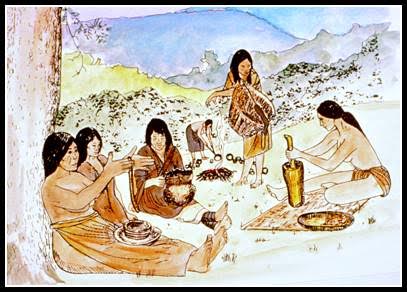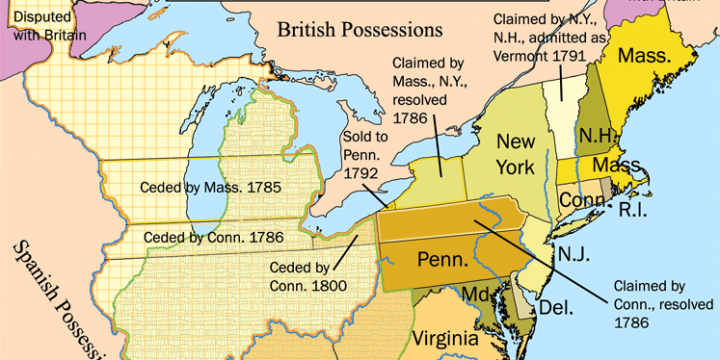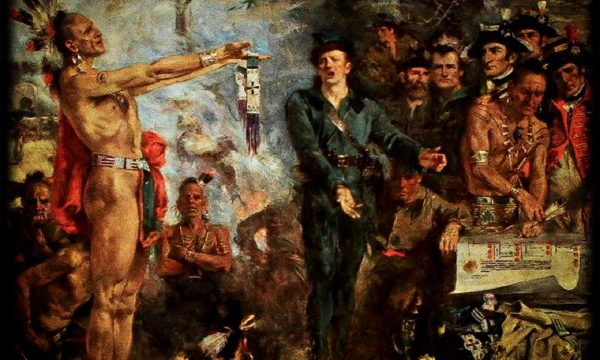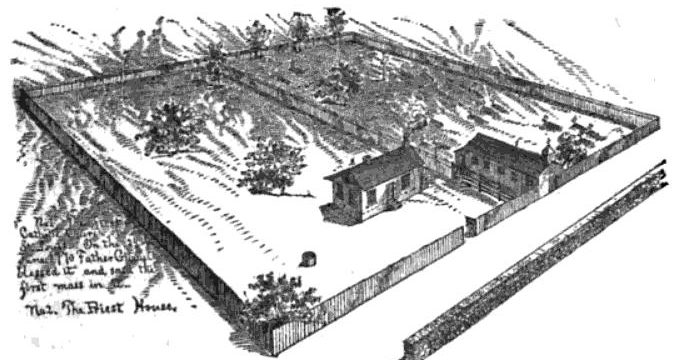
Understanding Gender Roles in Native American Communities Using Computational Analysis
By Eustina Kim, Michelle Lee, and Vicki Truong Introduction and Corpus Overview In our capstone class led by Dr. Ashley Sanders Garcia (Vice Chair, Digital Humanities Program), we investigated the significance and distinctions of gender roles in Native American communities. Using both humanistic and computational approaches, we explored a corpus including early Native American treaty council notes and other historical records. We were interested in seeing how textual documents could be transformed into quantitative data to determine insights and trends that may not be evident with only human reading. Using text mining methods in Python, we examined how the notion of gender not only shaped individuals in Native communities, but also transformed the perception of entire tribes. Thus our motivating question was: “Using computational analysis, how can we examine the…






